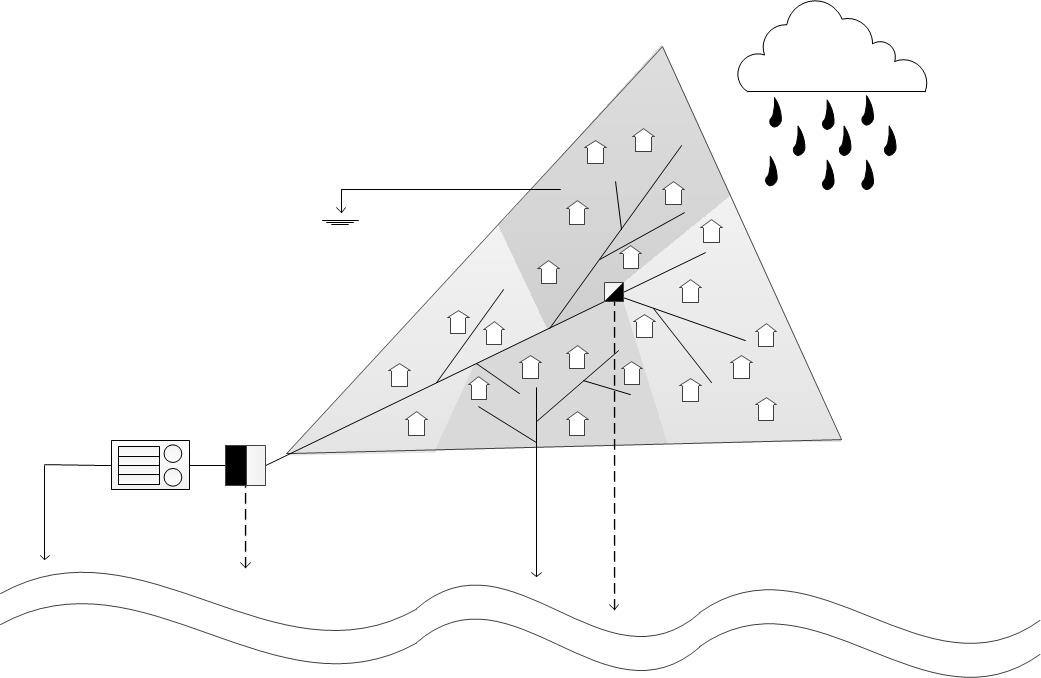Urban Drainage Planning and Modelling

Content
In urban drainage the complexity of the decision-making, the available methodologies and the data availability increased strongly. In current environmental engineering practice, the focus shifted from tables and nomograms to sophisticated simulation tools. In this course the students learn modern urban drainage engineering approaches, critical thinking, decision making in a complex environment, and learn to deal with insufficient data and ill-defined problems.
The topics cover:
- Integrated urban water management
- Hydrological and hydrodynamic modelling
- Water quality based assessment
- Freshwater ecology
- Hydraulic capacity assessment
- Sewer network operation
- Decision analysis
Goals
By the end of the course, you should be able to do the following:
- Apply different methods and methodologies to assess the impact of urban drainage on water pollution and flooding potential.
- Distinguish between hydrological and hydrodynamic models and their correct application.
- Identify the difference between emission and immersion oriented approaches for identifying drainage measures.
- Identify relevant measures, quantify their effects and assess their relative ranking / priority.
- Consider uncertainties and handle correctly incomplete data and information.
- Make decisions and recommendations in a complex application case.
- Teamwork. State principles of effective team performance and the functions of different team roles; work effectively in problem-solving teams.
- Communication. Communicate and document your findings in concise group presentations and a written report.
Prerequisites
Strictly required prerequisites for this course are basic knowledge from undergraduate courses urban water management (SWW GZ and SWW II or equivalent). In addition, pre-knowledge in hydraulics, hydrology and statistics (e.g. Hydraulics I, Hydrology I at ETH or similar course at another university) and basic understanding of modelling is strongly recommended for this course.
More details about the required prerequisites as well as material to catch up, or to refresh respectively, will be published on moodle.
